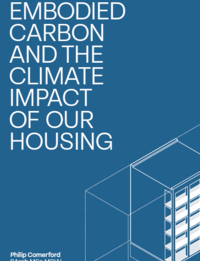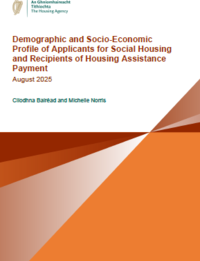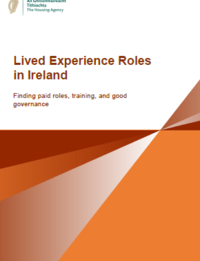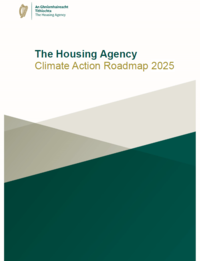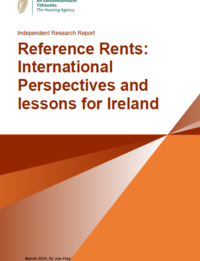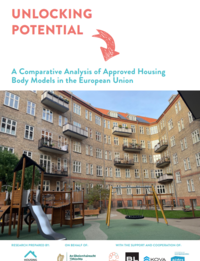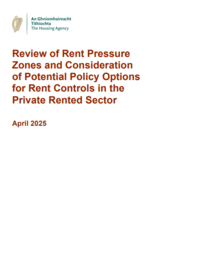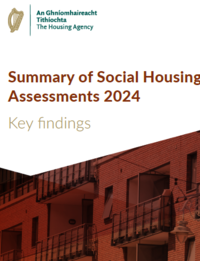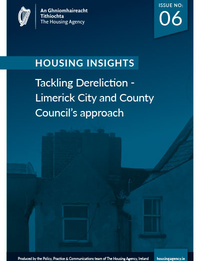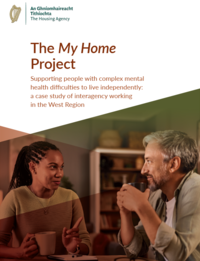
The My Home project is an interagency project which works collaboratively to meet the housing and support needs of mental health services clients in the West region.
This paper is a case study of the project and was produced as an action under the National Housing Strategy for Disabled People 2022-2027.
My Home takes a person-centred approach to assist mental health service clients in the Galway/Roscommon Community Mental Health Service achieve independent living in their own homes. It serves HSE West Mental Health Service clients who are on the housing waiting list with either Galway or Roscommon county councils.
It was initially set up as a pilot project, which ran from February 2020 to June 2021, with three main objectives. It aimed to deliver a new housing-led, community-integrated, recovery-focused model in Galway and Roscommon and to provide a comprehensive assessment of the housing and support needs of residents in mental health congregated settings that were referred to the project. It also aimed to provide intensive, individualised psychosocial support to enable a cohort of clients to transition into accommodation suited to their needs and of their choosing.
Under the pilot project, 30 clients were supported to transition to tenancies with supports.
Read the full report here
